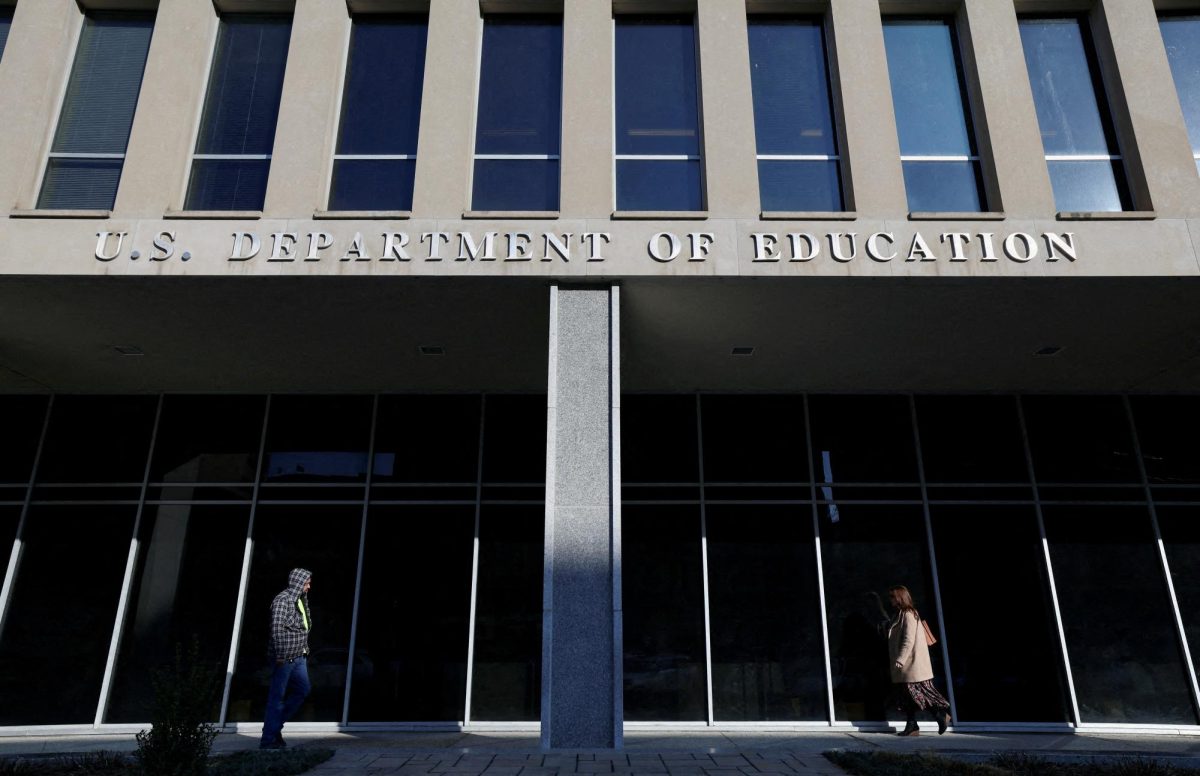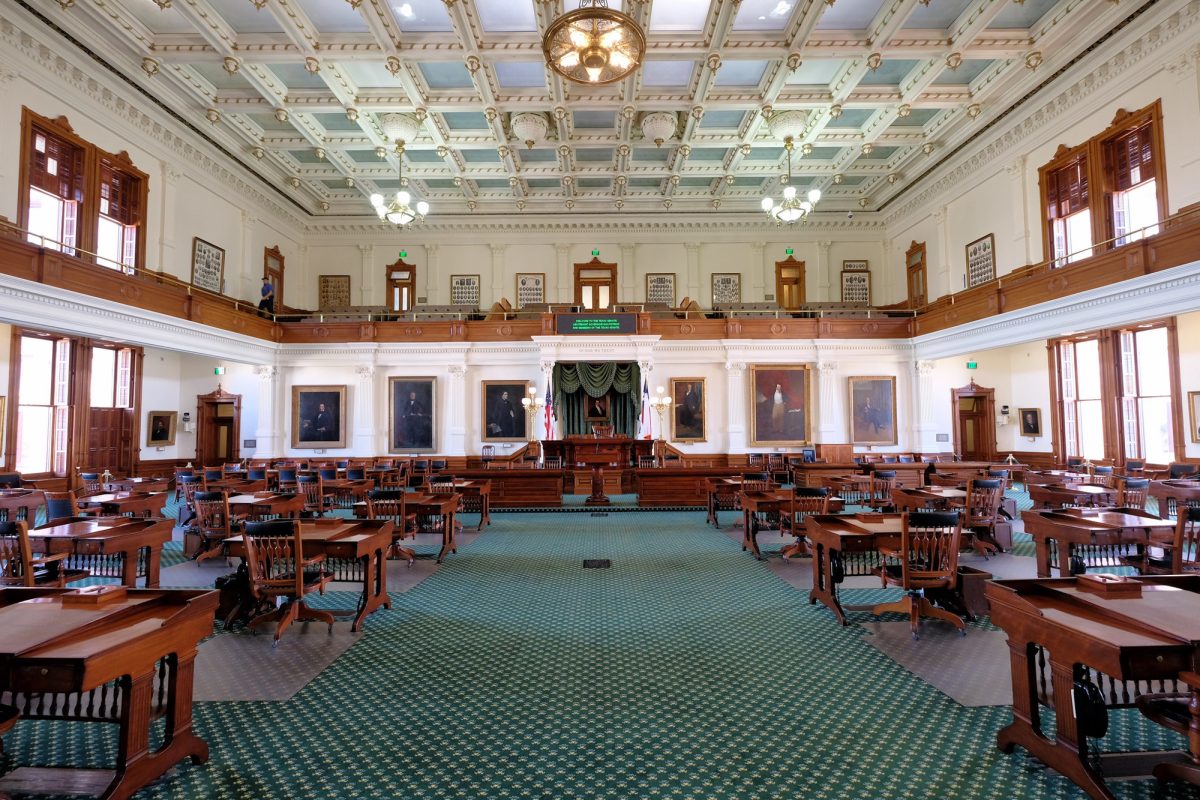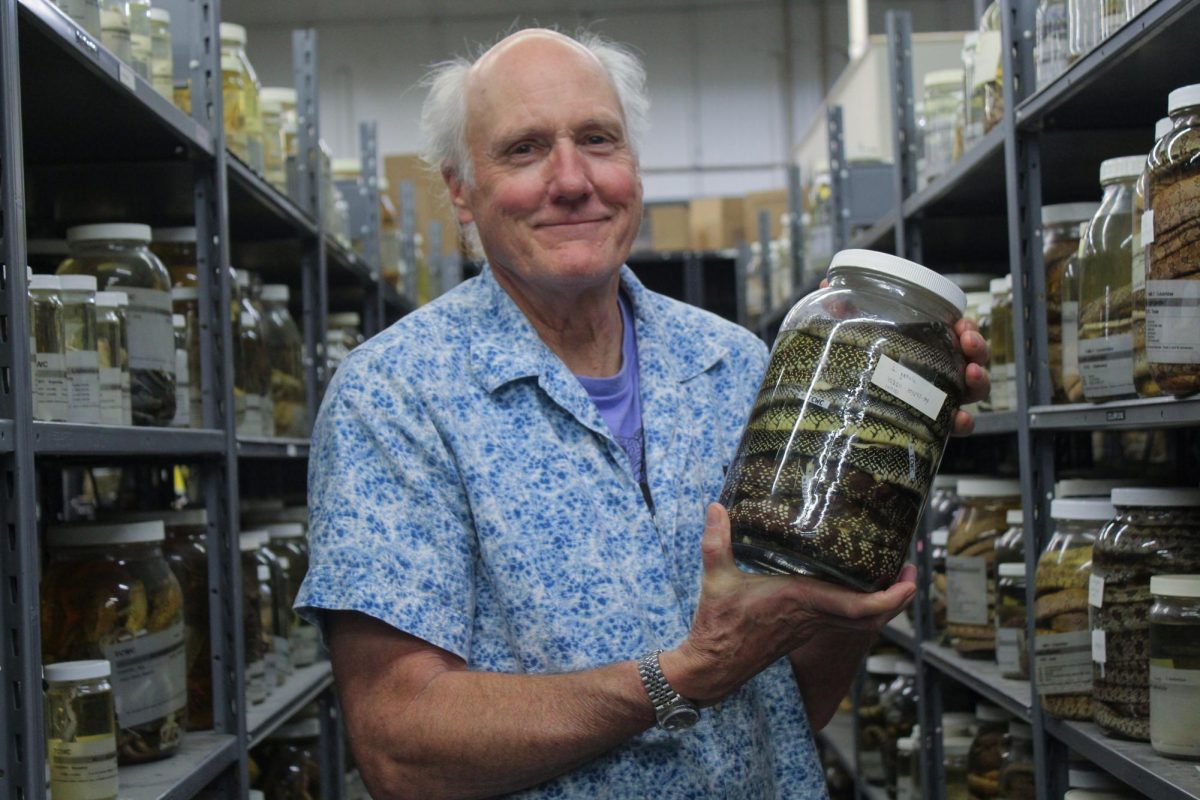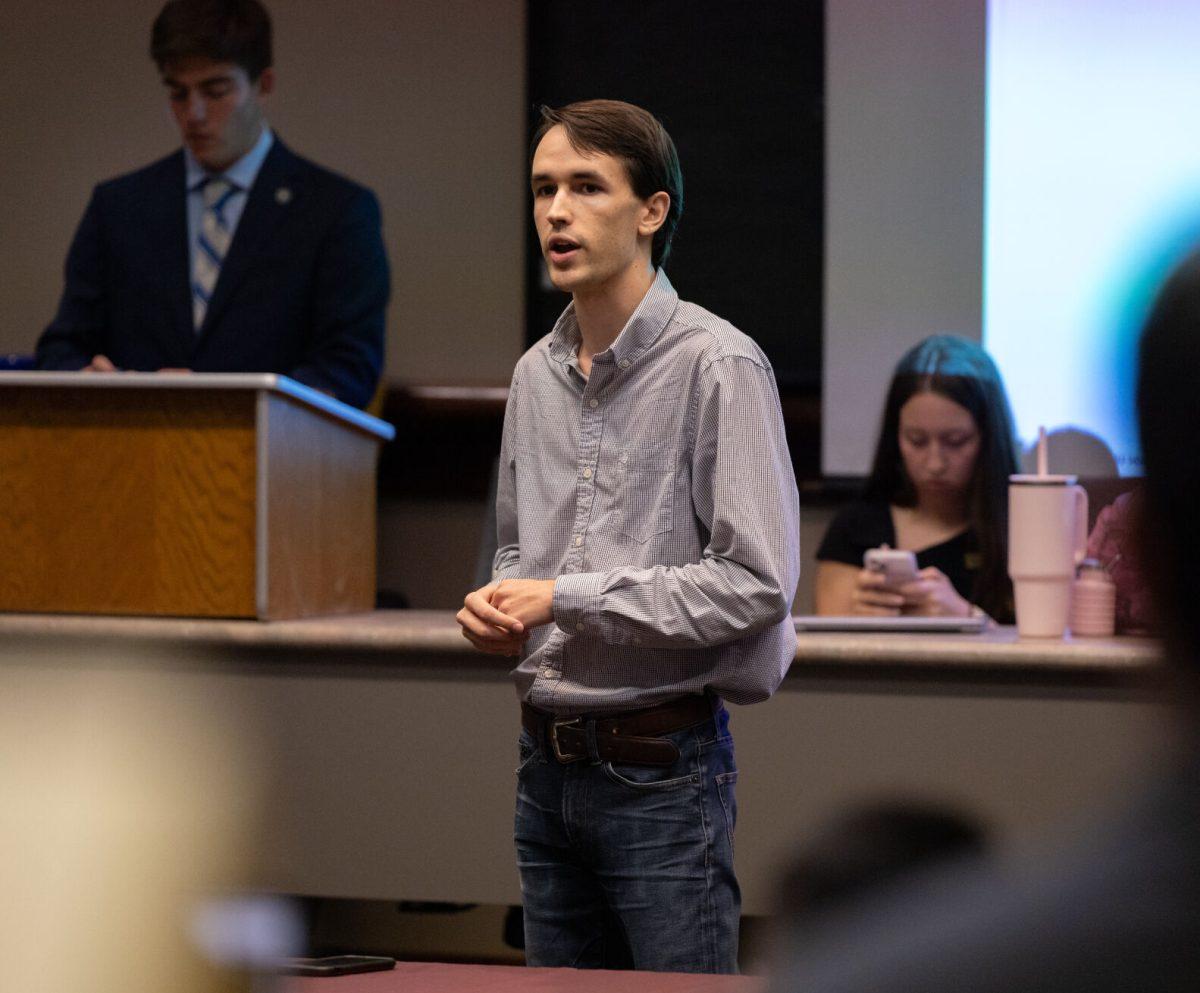When one thinks of Halloween, they may think of costumes, trick-or-treating and all things spooky rather than its actual long history.
Halloween is thought to be a spooky holiday filled with scares and maybe a little too much candy, but it’s origin did not start out this way. The tradition of Halloween was first celebrated as All Hallows’ Eve to preface All Saints’ Day, which is celebrated on Nov. 1, according to history.com.
Associate professor of history Daniel Schwartz said Celtic harvest festivals were a time of celebration for ancient cultures because oftentimes they were always on the verge of famine, thus the harvest being a time to be joyous.
“This often took the form of honoring the gods seen as responsible for the good harvest,” Schwartz said to The Battalion in an email. “Likewise, a bad harvest could be seen as divine punishment. But this harvest season also came in conjunction with the turn toward winter which could be seen as a ‘death’ of sorts. As the seasons turned to this time of figurative death many ancient cultures took the opportunity to honor their human dead.”
Professor of Hispanic and religious studies Hilaire Kallendorf said the Celts recognized the beginning of the new year on Nov. 1, rather than the traditional Jan. 1.
“This festival marked the end of harvest and summer and the start of winter,” Kallendorf said to The Battalion in an email. “These festivals influenced the development of Halloween because Oct. 31 was seen as a transitional time when sidhe, fairies or spirits emerged from the other world to roam the earth.”
Due to the perception of liminal spaces, defined as the physical space between one destination to the next, saints are of the perception that they led particularly holy lives and were understood to be in the presence of God in heaven.
“Believers could reach out to saints with the expectation that they could help due to their proximity to God. Thus, the saint provided a kind of bridge between the human being on earth and a distant God,” Schwartz said. “Halloween connects the commemoration of the dead in this season, [which is] common to many cultures, and the veneration of the saints in heaven, specifically the particular practice among Christians in medieval Western Europe.”
To hide themselves from the spirits who were to emerge from the dead, the Celts would dress in disguises during the liminal period, Kallendorf said.
“They believed the sidhe or spirits would try to find them and do them harm,” Kallendorf said. “By disguising themselves, they hoped to protect themselves so the sidhe could not find them.”
Eventually, after the conquering of the Celtics, the Roman Empire festivals were combined with the Celts festival. Schwartz said the name of the holiday has a correlation with a decision in Western Europe, due to the large amount of saints and the number of days to celebrate each one,
“Eventually, the Roman Catholic church consolidated many of these holidays into one, All Saints Day,” Schwartz said. “Halloween was then the eve of All Saints Day or ‘All Hallows Eve.’”
Due to Protestant beliefs, Halloween was not common in the New England colonies, though in Maryland and the southern colonies the holiday was used to celebrate the harvest, like that of the Celtics, according to history.com.
“As the beliefs and customs of different European ethnic groups and the American Indians meshed, a distinctly American version of Halloween began to emerge,” the website reads. “Neighbors would share stories of the dead, tell each other’s fortunes, dance and sing. Colonial Halloween festivities also featured the telling of ghost stories and mischief-making of all kinds.”
The holiday evolved even further toward the end of the 19th century with the influx of Irish immigrants after the Potato Famine, according to history.com, which grew the holiday’s popularity.
Today, Americans have developed the holiday to focus on various traditions, including scary movies, trick-or-treating, costume wearing, Halloween parties and haunted houses for a night of frights and fun.
History of Halloween
October 27, 2021
Photo by Graphic by Gabrielle Shreve
History of Halloween
0
Donate to The Battalion
$1915
$5000
Contributed
Our Goal
Your donation will support the student journalists of Texas A&M University - College Station. Your contribution will allow us to purchase equipment and cover our annual website hosting costs, in addition to paying freelance staffers for their work, travel costs for coverage and more!
More to Discover










